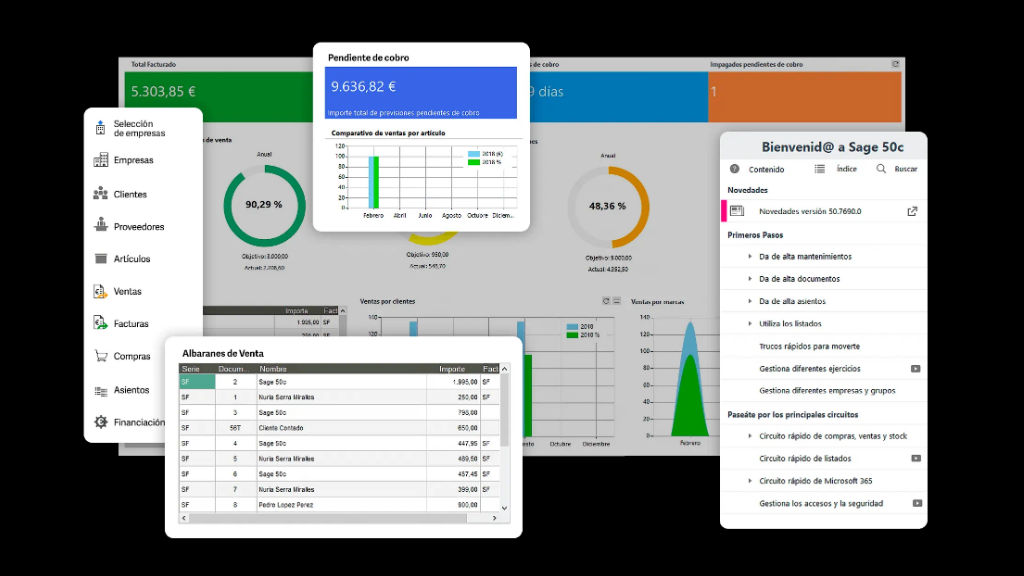
According to the report ‘Global Payroll Complexity Index (GPCI) 2021’, by Alight Solutions, the need to modernize payroll it is becoming a higher priority for companies. Therefore, they are beginning to replace their more and more antiquated payroll systems by others based on technology, with faster payment and calculation methods.
The report ranks the top 40 countries based on legislative, reporting, process and mandatory security regulations. In this index, the top ranked in the table have a more complex payroll, so the last positions represent a less complex payroll, with the benefits that this implies. In this latest edition, Europe tops the leaderboard, grabbing 45% of the positions, being the three main countries in order of greater complexity of payroll France, Italy and Belgium, that maintain their 2019 position.
They are followed by Germany, Spain, Poland, Russia, Switzerland, Japan and the United States. In general, regulatory diversity, data control and the average time required to prepare payroll per employee have increased its complexity in most countries.
Spain is the fifth classified in the GPCI 2021, mainly, for having a very rigorous labor legislation, little flexible in its processes and with a high number of collective agreements where the complexity of calculation and management has increased, rising one position compared to the previous year and surpassing Japan, which drops to ninth position.
With the other top four countries in the ranking, shares a labor legislation that is not very flexible and with high protection for workers in their agreements. These collective bargaining agreements (CCT) protect labor relations in the Spanish market and generate few possibilities for modifications that reduce complexity in the calculation of payroll or simplify the number of agreements, labor contracts or process management with official bodies.
For the first time, cloud-based payroll systems (61%) have surpassed traditional ones (39%) as the preferred salary delivery platform, leading to a quarter of companies (26%) having accelerated your digitization projects in the last year; another two-thirds (62%) expect to go through this digital transformation in the coming years.
The complexity of payroll
“The payroll function is becoming increasingly complex as companies struggle to keep up with the changing demographics of the workforce brought on by the pandemic. “, explains Luca Saracino, Senior Vice President of Strategy and International Sales at Alight Solutions. “For companies it has been an achievement to be able to keep payroll systems in operation at a time when the continuity of their businesses has even been questioned, but this operation was far from ideal. For this reason, those responsible for Human Resources and payroll have more and more desire to obtain the benefits of digital payroll “.
According to respondents in the report, the main drivers that have accelerated digital payroll projects are the regulatory risks (42%), corporate strategy to outsource business processes (39%) and cost control (27%), talent shortage on the payroll (19%), and M&A and business divestment activities (15%) ).
Respondents have also explained what are the challenges associated with payroll accuracy, as frequent legislative updates and changes to employment permit and retention programs required manual updates to payroll systems, increasing the risk of costs for errors. For example, the report revealed that 27% of employee data breaches since 2019 were the result of human error.
In Europe, companies that do not comply with the General Data Protection Regulation (GDPR) they can be fined 4% of annual income, up to € 20 million, whichever is greater. Additionally, inaccuracies in wages, resulting from poor management of the payroll process, can cost companies 2% of their total wage bill.
«Companies may be losing millions of dollars annually due to failures in basic payroll processes. “ says Wilson Silva, Vice President of Outsourcing for Alight Solutions. «Fortunately, they can quickly reverse those losses simply by examining processes and correcting basic mistakes commonly made by companies that lack visibility and control of their payroll processes. “



